Sue Taylor Parker, Jonas Langer, Constance Milbrath9780805846270, 0-8058-4627-1
Based on the Annual Symposium of the Jean Piaget Society, Biology and Knowledge Revisited focuses on the classic issue of the relationship between nature and nurture in cognitive and linguistic development, and their neurological substrates. Contributors trace the history of ideas concerning the relationship between evolution and development, and bring powerful new conceptual systems and research data to bear on understanding the problem of experience-contingent brain development and evolution. They focus on processes of phenotype construction – which fills the gap between genes and behavior – and demonstrate that evolutionary psychological models of innate mental modules are incompatible with what is known about these processes. This book presents exciting new approaches to the development and evolution of cognitive and linguistic abilities. Returning to the broad evolutionary theme of a previous meeting, the symposium focused on specifically constructivist approaches to neurogenesis and language acquisition, and their evolution. It was organized around ideas about the relationship between development and evolution raised in Piaget’s books. Treated in the chapters of this book, research in this arena has yielded cutting-edge insight into behavioral influences on brain plasticity. Two of its subthemes run throughout – a critique of modularity models popular among evolutionary psychologies and the prescient yet flawed nature of Piaget’s critique of the modern synthesis of evolution. As a result, Biology and Knowledge Revisited is intended for developmental psychologists, psycholinguists, biological anthropologists, evolutionary psychologists, and philosophers of science. | |
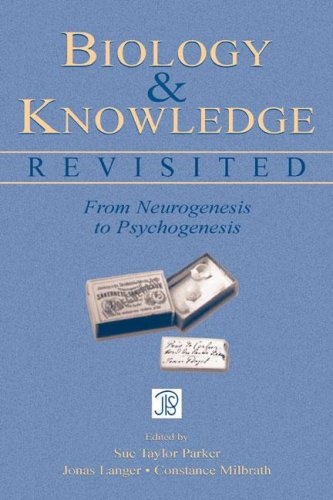
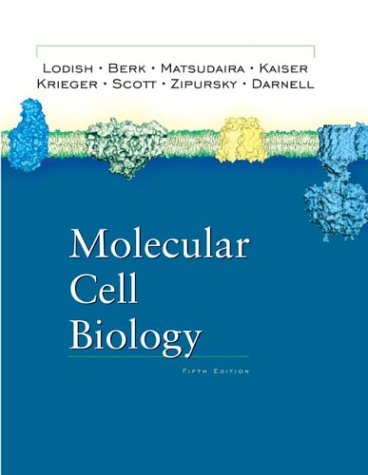
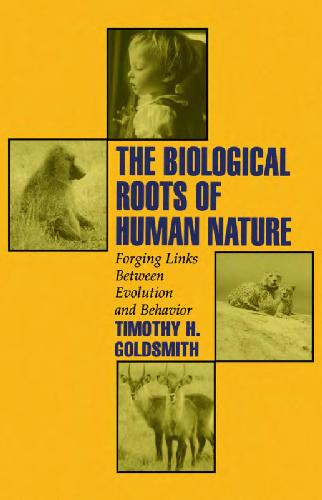
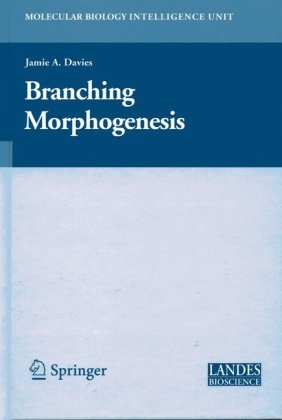
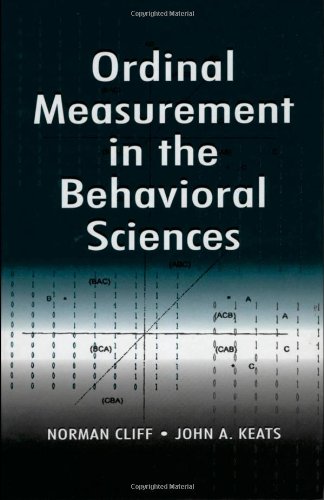
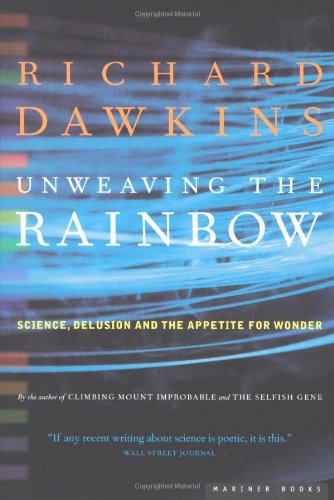

Reviews
There are no reviews yet.